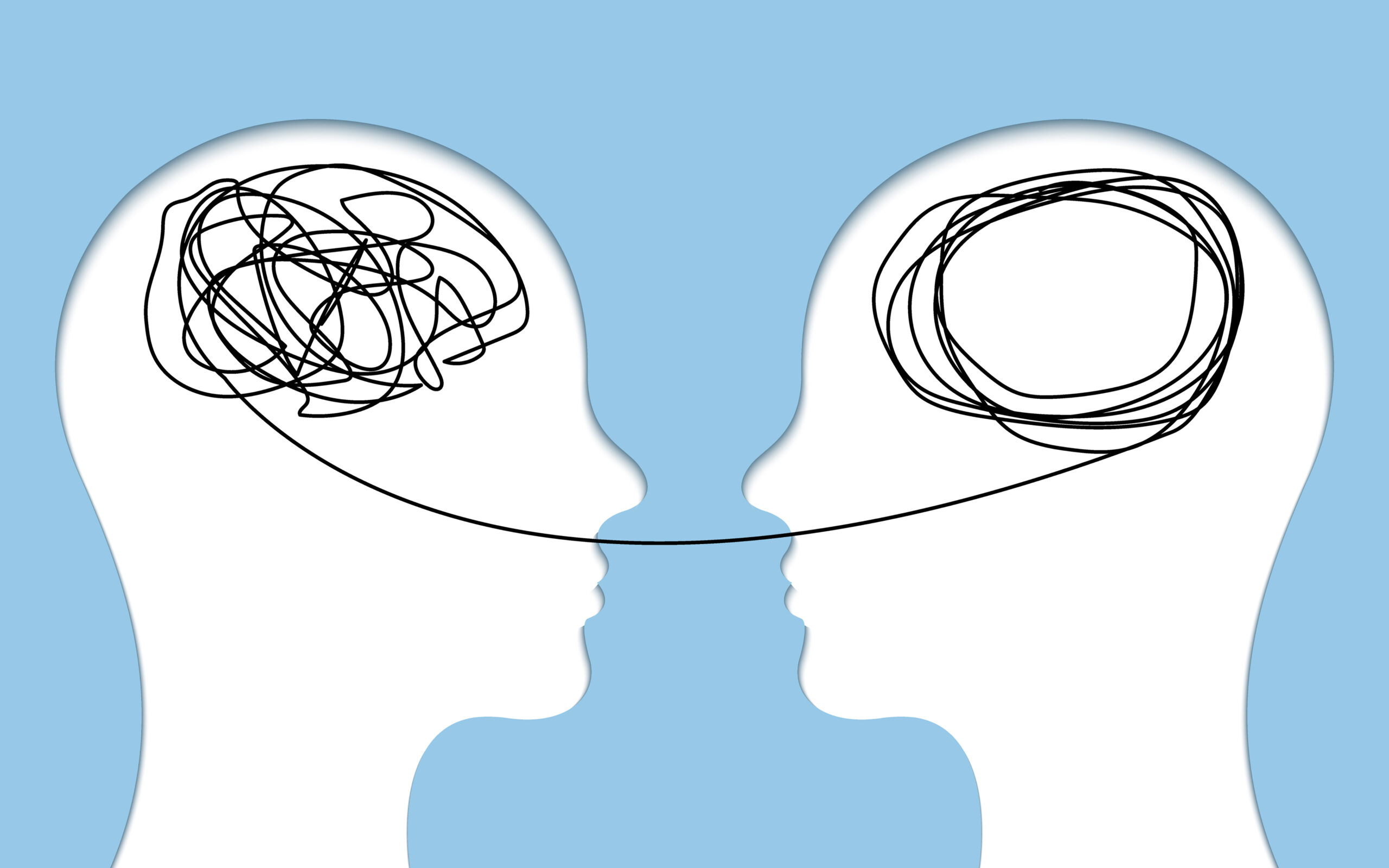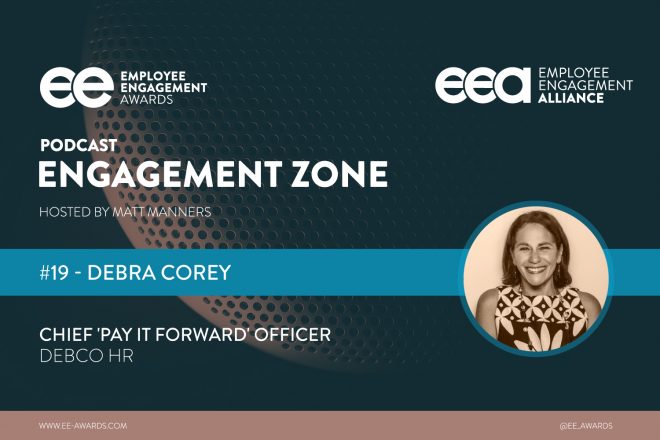
17th September 2024
Guest Post: 5 Reasons Empathy is Becoming the Number One Leadership Skill

This article was written by Harvey Deutschendorf, Emotional Intelligence Expert, Speaker and Internationally Published Author of The Other Kind of Smart, Simple Ways to Boost Your Emotional Intelligence for Greater Personal Empowerment and Success.
“Real empathy is sometimes not insisting that it is okay but acknowledging that it is not.” ~ Sheryl Sandberg ~
According to recent studies carried out by the Development Dimensions International, empathy is the biggest single leadership skill needed today. In a global survey DDI discovered that the top ten performing businesses in the 160 studies the “Global Empathy Index” generated 50% more net income than the bottom ten performers. According to Richard S. Wellins, Ph.D., Senior Vice President of DDI, “Being able to listen and respond with empathy is overwhelmingly the one interaction skill that outshines all other skills.”
Other research has backed up DDI findings. Dianne Crampton at Gonzaga University found that “Empathy is a universal team value that promotes high commitment and cooperation in the workplace. “Becoming aware of the importance of their leaders developing empathy, companies are responding with sending their leaders to empathy training.” According to the Wall Street Journal 20% of employers now offer empathy training which is up substantially from ten years prior.
In my latest book, Emotional Intelligence Game Changers, I delve more deeply in how to develop empathy.
Here are five reasons why empathy is becoming the number one leadership skill:
1. Increase in employee retention
One of the struggles that every organization faces is retaining talented staff. One of the most common cited reasons for people leaving an organization is lack of trust in and appreciation from those they report to. Empathy increases trust, a sense that staff are valued and cared about. Whether in our personal relationships or part of an organization, we will be more likely to stay when we feel like we are heard, appreciated and cared about. Developing and use of more empathy by leaders goes a long ways towards effecting people to stay.
2. Increase in staff engagement
Have you ever noticed that when someone close to you notices how you are feeling or tells you how much they appreciate something you have done for them? You automatically have the urge to do more for them. In terms of employee engagement, it is known that when leadership demonstrates to employees that they care, the reciprocity reaction kicks in and they want to put in more effort. Somehow many organizations miss this basic, yet very important point when it comes to leadership behaviors. Successful organizations are aware of this and their leaders continuously look for ways to notice, compliment and look for ways to show their appreciation to their staff.
3. Increase in collaboration between team members
Not only do employees that feel valued and appreciated want to do more in their work, they want to do more for their fellow employees. When empathy is demonstrated at the top, it is passed down throughout the organization resulting in an increase in teamwork, a decrease in staff conflict and a decrease in workplace disruption. This collaboration will result in better coordinated work effort and increased productivity.
4. Increase in job satisfaction and decrease in absenteeism
Staff that feel witnessed, heard and appreciated feel more satisfied with their work and as a result miss fewer days on the job. As the level of job satisfaction decreases, so does the level absenteeism. Staff who feel less commitment to the organization will feel less motivated to come to work. Their rational is that since nobody cares, so why should they. Increased absenteeism decreases morale as coworkers who have to pick up the slack become resentful. This can create a downward spiral in terms of employee morale and absenteeism rates.
5. Increase in bringing up new ideas and creativity
People who perceive they are part of an organization and feel heard and appreciated, tend to risk more and look for ways to add increased value to the organization. They are more likely to put time and energies coming up with new ideas, processes and methods to improve their own work and move the organization forward. Their commitment to the organization makes them feel that their success and that of the organization are interrelated, boosting their desire to find new, better and more efficient ways of working.
Putting it all together
Increased empathy of management in any organization results in many benefits to the well-being, commitment and desire for staff to give their best. This is a win-win situation for all concerned as the final outcome is an increase in efficiency, productivity and success of an organization. As rising numbers of studies come to this conclusion, businesses will increasingly come to realize that greater leader empathy is not some feel good, soft skill, but rather an essential tool that their leaders will need to keep their organization competitive and successful.






